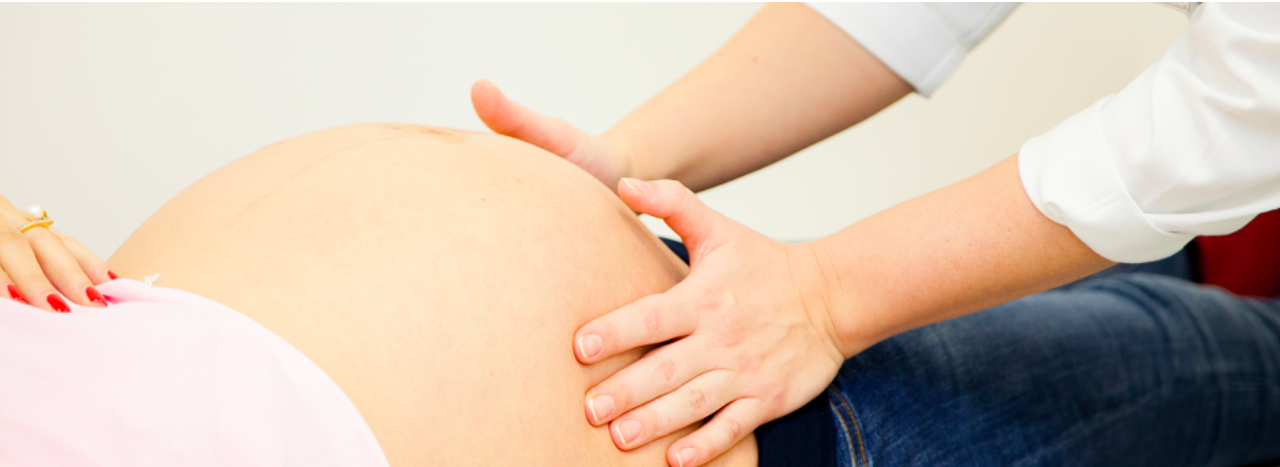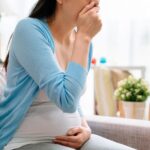A new study conducted by researchers from the University of Utah Health in Salt Lake City, US, has revealed that about 1 in 10 women who contract Covid-19 during pregnancy are likely to develop long Covid, shedding light on the long-term impacts of the virus on expectant mothers.
While extensive research has been conducted on the long-term effects of Covid-19 in the general adult population, limited attention has been given to the specific implications for pregnant individuals. The study aimed to address this gap by following a group of pregnant women from 46 US states plus Washington, DC, who contracted Covid-19 during pregnancy.
The findings, presented at the ongoing Society for Maternal-Foetal Medicine’s (SMFM) annual The Pregnancy Meeting in the US, revealed that 9.3 percent of pregnant women developed long Covid when evaluated six months or more after their initial infection. Common symptoms reported by these individuals included post-exertional malaise, fatigue, and dizziness, underscoring the debilitating nature of long Covid.
Lead author Torri D. Metz, a maternal-foetal medicine subspecialist and associate professor of obstetrics and gynaecology at the university, emphasized the significance of the findings for clinicians caring for pregnant patients. “The key takeaway for clinicians who are taking care of pregnant patients is that nearly 1 in 10 people who have Covid during pregnancy still have persistent symptoms six months later,” said Metz.
The study also identified several risk factors associated with an increased likelihood of developing long Covid among pregnant women, including obesity, depression or chronic anxiety, financial difficulties, and the severity of the initial Covid-19 infection requiring oxygen therapy during pregnancy.
Importantly, the trimester of infection did not influence the likelihood of developing long Covid, suggesting that the timing of Covid-19 infection during pregnancy does not significantly impact long-term outcomes.
Comparing their findings to the larger cohort of non-pregnant women, the researchers observed a lower rate of long Covid among pregnant women, prompting further investigation into potential factors contributing to this discrepancy.
An essential next step, according to the researchers, is to assess the impact of long Covid on the infants of pregnant women who develop the condition, highlighting the need for comprehensive monitoring and support for both mothers and their newborns.
The study underscores the importance of prioritizing research and healthcare initiatives focused on understanding and mitigating the long-term effects of Covid-19, particularly among vulnerable populations such as pregnant individuals, to ensure optimal health outcomes for both mothers and infants.











